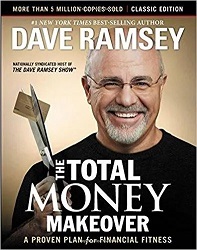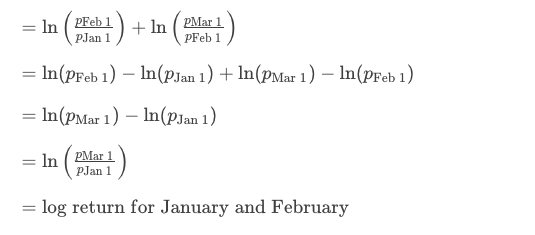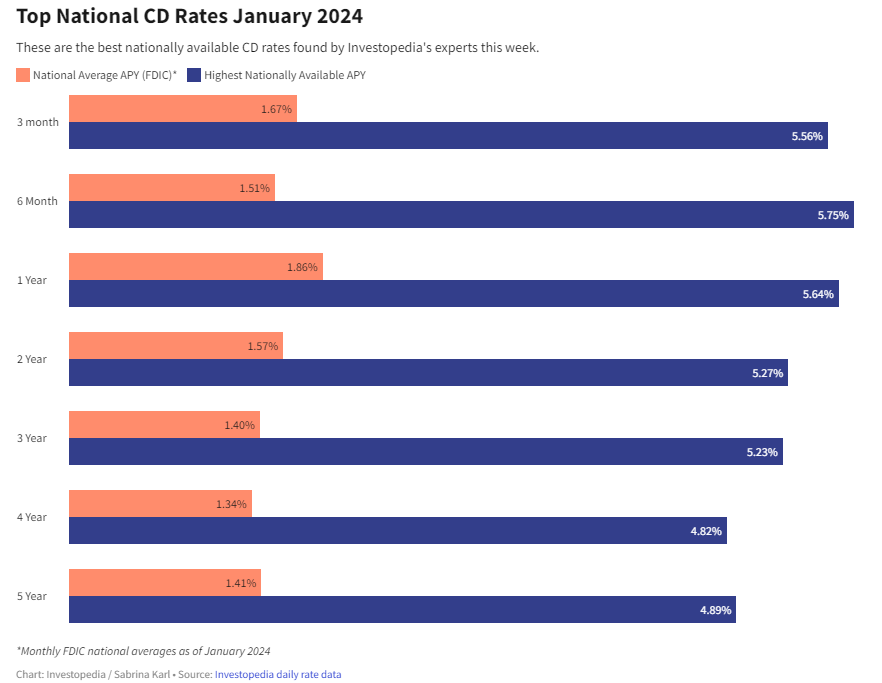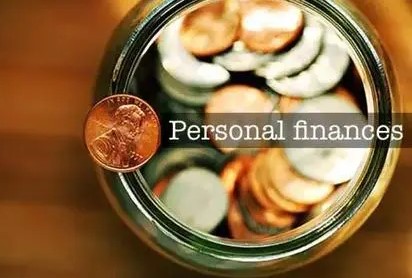What’s The Real Price Of That Flight Or Concert Ticket? New Laws Aim To Help Expose Hidden Fees
It’s a common hazard of shopping online: You think you’re getting a good deal on a flight, hotel stay or concert ticket, but when you go to check out, you find out the total price has jumped, and now that deal isn’t looking so good after all.
So-called junk fees—those extra, unexpected charges tacked on at the very end of a transaction, sometimes after you’ve already entered your payment information—have become so common across so many industries that they’ve caught the attention of regulators, state lawmakers and even the president.
“Folks are tired of being taken advantage of and being played for suckers,” said President Joe Biden as he announced a new crackdown on these charges. “These junk fees can add up to hundreds of dollars, weighing down family budgets and making it harder to pay family bills.”
New Laws, Rules Would Protect Consumers From Junk Fees
The Federal Trade Commission on October 11 proposed a rule that would require businesses to display the total price of a product or service up front and indicate whether the extra fees are refundable. It would also bar companies from misrepresenting what fees are for.
Just days earlier, in California, Governor Gavin Newsom had signed a law that will require most businesses in the state to advertise and offer prices that include all mandatory charges, except for taxes.
The California law, which takes effect on July 1, 2024, excludes food delivery services such as DoorDash or Grubhub.
Pennsylvania lawmakers are considering similar legislation. On October 18, the state House passed a measure that would require ticket, lodging and food delivery platforms to display all mandatory charges “at the point in the shopping experience where the consumer is first shown the product or service.” That bill has now been sent to the Pennsylvania Senate for consideration.
These moves could potentially affect a wide range of industries, including hotels, airlines, online ticket vendors, car rentals, apartment landlords, banks and credit card companies. The rules don’t ban businesses from charging fees, but they do require businesses to clearly show customers those fees in the total price, up front.
What Is a Junk Fee?
A junk fee is generally any additional charge—outside of expected costs like shipping and taxes—that’s not clearly explained but is mandatory for a purchase. Often the fees are for things that cost a business very little or nothing to provide, such as seating a family together on a flight. The FTC estimates junk fees cost consumers tens of billions of dollars every year.
“By hiding the total price, these junk fees make it harder for consumers to shop for the best product or service and punish businesses who are honest up front,” said FTC Chair Lina M. Khan in a news release.
Further, if any business is found to have misleading fees, both the FTC and Consumer Financial Protection Bureau, or CFPB, have enforcement powers that could allow them to go after the company and force it to reimburse consumers.
Some Common Junk Fees and How To Avoid Them
The list of charges that might qualify as junk fees under proposed federal rules is extensive. Here are some that have been mentioned by the Federal Trade Commission and President Biden. Some will be covered by the California law taking effect next year.
- Airline charges: President Biden has repeatedly raised concerns about fees that airlines charge for rebooking a flight that’s been canceled for reasons beyond passengers’ control. The U.S. Department of Transportation is proposing rules that would require airlines to reimburse customers for certain canceled or delayed flights.
When researching flights, look at the fine print in airline rebooking and cancellation policies, and at what additional travel insurance might cover.
- Concert ticket fees: Online ticket sellers are known for inflating the resale cost of a ticket. High prices and fees and other snags led to a congressional investigation this spring into ticket sales for Taylor Swift’s Eras tour. Since then, Live Nation and Ticketmaster have promised to disclose all-in ticket prices up front. You may not be able to avoid ticket fees, but knowing the full price in advance can help you stay within your budget and avoid nasty surprises.
- Hotel fees: Many hotels now charge some kind of resort fee, typically $30 to $50 per night. But these costs may be difficult to notice when you’re booking a room online. In some cases, you might pay a fee up front when booking a reservation and then another fee once you’re at the hotel or leaving it.
Be sure to read the fine print on every page before booking. You can also book your stay using rewards credit cards or simply call the hotel to negotiate certain fees—like a charge for daily parking or breakfast that you don’t need. You can also dispute certain fees or charges with your credit card company, though the process takes time.
Personal finance book recommendations
Personal Finance Book RecommendationsAs a professional financial advisor, I am often asked for recommendations on books that can help individuals gain a better understanding of personal finance. It is no secret that managing money effectively is a crucial skill that can greatly impact one'
How is the interest on bank deposits calculated?
Interest is the amount of money that a bank pays you for keeping your money in a deposit account, such as a savings account, a fixed deposit, or a certificate of deposit. Interest is also the amount of money that you pay to a bank for borrowing money from them, such as a loan or a credit card.
How to Double Your Money with the Best CD Rates for January 2024
If you are looking for a safe and reliable way to grow your savings, you might want to consider opening a certificate of deposit (CD) account. A CD is a type of deposit account that offers a fixed interest rate for a specified term, usually ranging from a few months to several years. Unlike a regula
How to buy the right personal financial products
Personal financial products are tools that help you manage your money, save for the future, and achieve your financial goals. They include things like bank accounts, credit cards, loans, insurance, investments, and retirement plans. However, not all personal financial products are create








